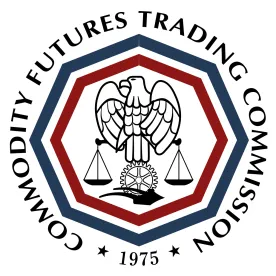In its first action under newly-appointed Director Rohit Chopra, the CFPB issued an enforcement action against a prison financial services company for violating the Consumer Financial Protection Act (CFPA) by allegedly charging consumers fees to access their own money on prepaid debit cards that consumers were forced to use. The consent order also claims that the company violated the Electronic Fund Transfer Act (EFTA) when it required consumers to sign up for a debit card as a condition of receiving government benefits – in particular, “gate money,” which is money provided under state law to help people meet their essential needs as they are released from incarceration.
According to the consent order, the company contracts with federal, state, and local departments of corrections around the country to provide various products and services, including debit cards provided to individuals upon their release from incarceration. The CFPB claims that in providing approximately 1.2 million debit release cards to consumers, it leveraged its relationships with state and local departments of correction to impose fees on consumers exiting the prison or jail system. The company’s fee-bearing debit release card replaced cash or check options previously offered by state departments of correction, and in doing so, it charged unauthorized fees and misrepresented the fees that it charged to people being released from prison.
As a result, the consent order limits the fees the company can charge on release cards going forward, allowing only inactivity fees after 90 days without card activity. The order also requires the company to pay $4 million for consumer redress and a $2 million civil money penalty.
Putting It Into Practice: In his separate statement, Director Chopra stated that the company “abused its market power created by single-source government contracts for prepaid cards, charging a fee even if customers did not want to do business with” the company. In keeping with Chopra’s reputation to pursue market-altering enforcement, his statement represents a shot across the bow at third-party financial services companies that allegedly leverage their market power in order to take advantage of consumers, even when that advantage comes as a result of its relationship with a government agency. Chopra warned that the CFPB “will continue to scrutinize these companies, particularly when law violations and abuses of dominance undermine the intent of such government benefits, and where the harms fall heavily on people who are struggling financially.”




 />i
/>i
